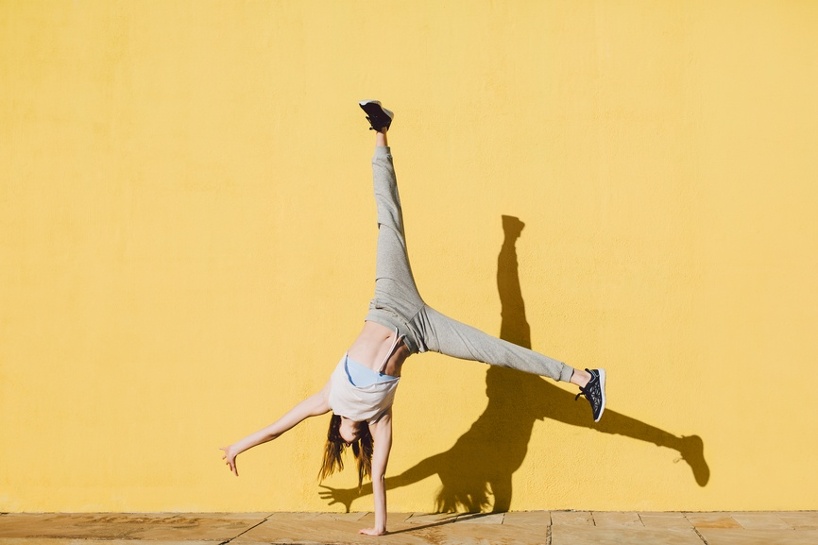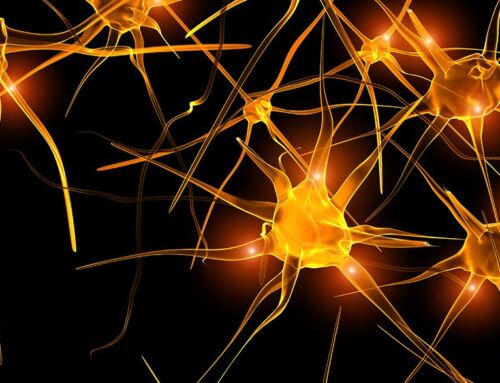 Have you ever said, or heard someone say ‘I’m just wired that way’?
Have you ever said, or heard someone say ‘I’m just wired that way’?
It’s a common stream of thought that we essentially are the way we are. Some people are happy and effervescent, while others are more subdued or less happy – and that’s just the way it is.
This is a really common mindset, and one we will all have encountered. What the research shows is that genetics of our innate happiness level only plays a very small part. Insights from neuroscience and positive psychology have shown that we have an immense capacity to shape and drive our own happiness. This has significant implications! What’s more, research has further shown that your positive mood can positively others on an individual and collective level. Happiness is infectious!
Neuroscience has shown that one way we can increase our happiness is through mindfulness. Mindfulness is often interpreted as being synonymous with meditation. While the practice of mindfulness can be done through meditation, mindfulness is actually just the practise of being aware, as opposed to mindless. Mindlessness is a bit like being on autopilot; we cruise along without paying active attention to what is happening in our day or life. Ellen Langer, a pioneering researcher, ran a set of ingenious experiments that exposed the power of the mind to fool itself and to transform the body. In her words “wherever you put the mind, the body will follow”, and she calls it “the psychology of possibility” as detailed in her books Mindfulness and Counterclockwise. Some of the benefits of thinking about mindfulness and mindlessness were found to include less fear of failure, more control over previously helpless situations, and an increased sense of freedom. Mindfulness is the art of noticing things externally, and internal things like our preconceived ideas, categories and judgments. As mentioned above, this idea that we’re simply wired a certain way is a form of mindlessness in that it’s a belief or judgement about ourselves and our abilities. If we can harness mindfulness, it can help us change the way we think about our capacity for happiness as well as actually improving our happiness!
Another activity that can help us improve our overall wellbeing is gratitude. By actively practising gratitude for the people and things around us, we can increase positive emotions that make us more tolerant of differences, creating a sense of camaraderie and belonging. Mindfully thinking about the things we’re grateful for in our day-to-day life elevates positive emotion and makes us more aware of the things around us that bring us happiness. Regularly practising gratitude can train your brain to notice and savour positive experiences that happen over time, increasing your happiness.
Research from neuroscience has also shown how interlinked our brain and body are, which has implications for how we can cultivate our own happiness. If we can positively influence our body we can positively influence our happiness. For example, Amy Cuddy’s research has shown that our posture can improve our mood. Although there has been challenges to the mechanics of this research, Cuddy’s work did show that people who used ‘power posing’ were made to feel more confident. Many other studies have had similar findings about posture and mood for example, research from the University of Auckland suggests that by sitting up straighter people may feel more upbeat and less fatigued, and therefore, that good posture may easy symptoms of depression.
To learn more join Learn with Sue for eBooks on topics such as 7 Ways to Apply Positive Psychology, 10 Brain Friendly Habits and How to Lead with the Brain at Work. Plus a range of tools to help yourself and others including questionnaires, values cards, posters and more.






